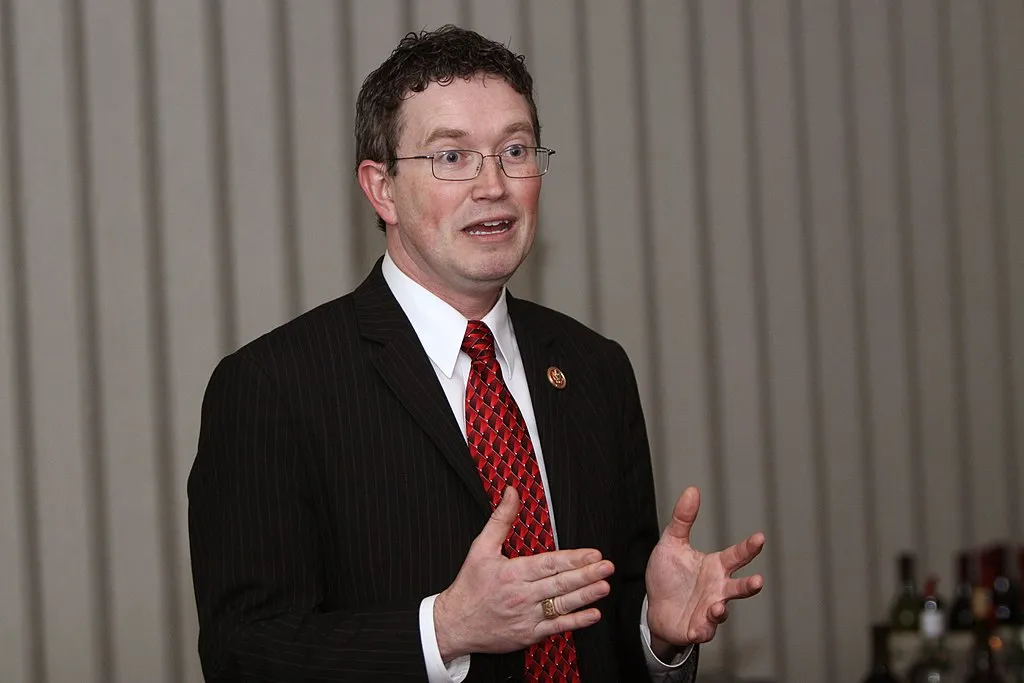While there is no Kentucky Attorney General who is — or was — deserving of consistently high grades for dispassionately interpreting the Commonwealth’s open government laws, the current Attorney General, Daniel Cameron, has distinguished himself with consistently failing grades.
The statutorily assigned duty to adjudicate open records and open meetings disputes is not one that any Attorney General eagerly embraces. Resolution of these disputes in favor of the public’s right to know inevitably places the AG in local officials’ crosshairs. Stepping on the toes of law enforcement officials — whose track record for compliance with state open government laws is nothing short of abysmal — inevitably causes the Commonwealth’s chief law enforcement officer severe heartburn.
It’s a thankless job. But someone must do it, and the General Assembly has assigned the role of open records and open meetings dispute mediator to the Attorney General.
That role is a particularly uncomfortable one for this Attorney General who, lacking any experience of his own, has been forced to rely, at least in part, on former Governor Matt Bevin’s legal team — themselves veterans of four years of open records legal warfare.
Daniel Cameron’s record on transparency in government
How has Daniel Cameron evidenced his less than enthusiastic support for open government in Kentucky and why does this bode ill for his gubernatorial candidacy?
➤ In 2021, Courier Journal reporter Andy Wolfson explored “How Attorney General Daniel Cameron has eroded Kentuckians’ access to public records.” Wolfson concluded, “The fact is, Cameron and the lawyers under him have done more in his first two years in office to dramatically curtail the public’s right to know than any attorney general in recent memory.”
“The fact is, Cameron and the lawyers under him have done more in his first two years in office to dramatically curtail the public’s right to know than any attorney general in recent memory.”
Wolfson analyzed the numbers, determining that “Cameron’s staff affirmed government agencies rulings in full 54% of the time compared with 44% under Beshear.” Cameron’s office, Wolfson found, “tended to give the benefit of the doubt to law enforcement and government officials with rulings in several areas, expanding their ability to keep information secret.”
Kentucky’s most widely recognized champion of open government, attorney Jon Fleischacker, declared that Cameron “misstated the law” to give public agencies “a free pass.”
➤ In 2020, Cameron petitioned the Warren Circuit Court to dismiss former Attorney General Andy Beshear’s intervening complaint in Western Kentucky University’s open records lawsuit against the Heights Herald. Beshear sought to clarify the scope of the Attorney General’s statutory authority to test an agency’s position in an open records or meetings dispute by requesting additional documentation — including the disputed records — from the agency to sustain that position.
Why bother litigating the scope of that statute? Cameron has rarely employed the statute authorizing additional inquiry into the public agency’s position — electing in most cases to “rubber stamp” the agency’s tenuous legal claims.
➤ Through his words and actions, Cameron made clear when he took office that he did not feel constrained by the body of internal authority that guided past attorneys general’s interpretation of the open meetings and records laws for decades.
The courts have — in general — found his predecessors’ interpretation of the laws highly persuasive. Not so Cameron, who regularly criticizes the reasoning of past open records and open meetings decisions.
Cameron claims that his open records and open meetings decisions are guided by “the rule of law.” In reality, Cameron’s “rule of law” is the office playbook for eliminating those pesky decisions issued by his predecessors that have “caused inconvenience or embarrassment to public officials or others.”
Does he always fumble? No.
But when he fumbles, it’s often on a “clutch play.”
Two spectacular Cameron fumbles
Take, for example, Cameron’s 2021 open records decision declaring that public officials’ communications about public business on private devices or accounts are not public records, and therefore not subject to the open records law, because the agency does not have physical possession of those communications.
That decision, which has been appealed, creates a gaping hole in both the open records and the open meetings laws!
Then there is Cameron’s recent open meetings decision declaring that the notice requirements for going into closed sessions — and prohibiting final action in closed session — are permissive rather than mandatory.
That will come as a great surprise to Kentucky’s courts. Their opinions — mirrored in the decisions of Cameron’s predecessors — consistently proceed from the rule that “prior to going into an executive session, the public body must state the specific exception contained in the statute which is relied upon in order to permit a secret session [and give] specific and complete notification in the open meeting of any and all topics which are to be discussed during the closed meeting.”
As noted, the courts have been consistent on this question with one exception, and it was on the basis of this one aberrant opinion that Cameron’s flawed legal analysis turned.
Why should Kentucky’s voters care? In two words: Matt Bevin.
The Bevin administration witnessed unprecedented defiance of Kentucky open government laws — at the figurative and literal expense of Kentucky’s taxpayers. Those cases were resolved when Beshear took office.
There is no reason to expect a miraculous conversion if Cameron is elected. In addition to rubber stamping other public agencies’ denials of records requests, he has frequently denied requests for public records of his own office and affirmed those denials on appeal.
If Daniel Cameron is elected Governor, the General Assembly’s assault on open government will continue with the enthusiastic support of Kentucky’s chief executive. The fundamental and necessary right of “[a]ccess to information concerning the conduct of the people’s business” will fall to the cynical belief that what the people don’t know won’t hurt them.
--30--








